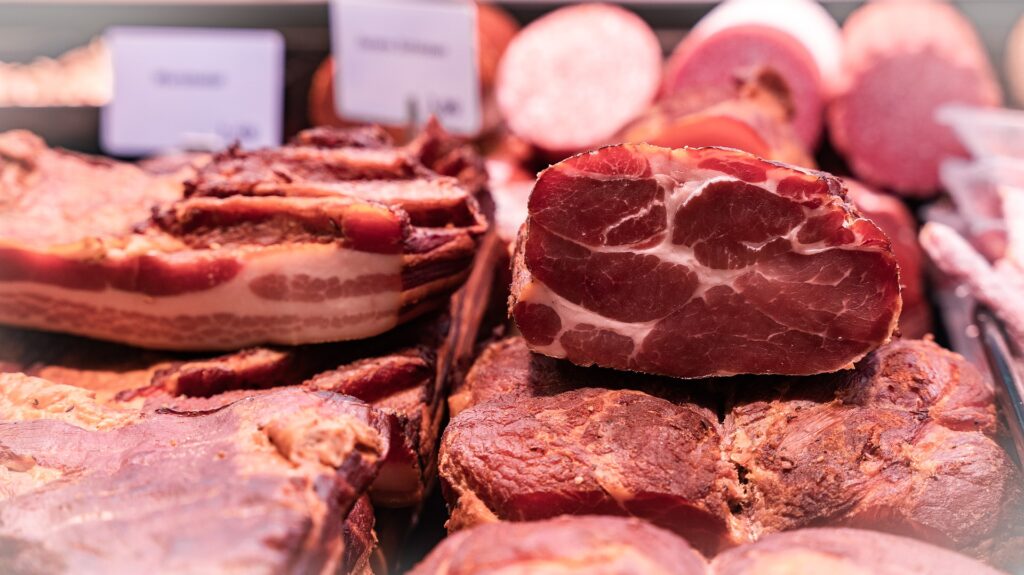Action Alert! Want Local Meat? Speak Up Now!

FARFA is fighting to expand options for small farmers and consumers of local meats in Texas!
Under federal law, meat from cattle, hogs, goats, sheep, and poultry can only be sold if it is processed in an “inspected slaughterhouse.” Even state-inspected slaughterhouses must meet the exact same standards as USDA-inspected plants. These include having a Hazard Analysis Critical Control Point (HACCP) plan and an inspector on-site at all times during the processing. The costs and regulatory barriers have resulted in too few slaughterhouses to meet the needs of many small farmers in Texas.
Texas farmers in some parts of the state are unable to get a slot to process their livestock at an inspected slaughterhouse for months or even a year or more. Others must drive 6 hours round trip to reach one, creating stress on the animals, wasting precious time, and massively increasing their costs.
The solution: There are approximately 100 “custom slaughterhouses” in Texas, which are often closer and more accessible for small farmers. These facilities must meet federal standards and are licensed and inspected by the Texas Department of State Health Services (DSHS). They do not, however, need to have a HACCP plan or an inspector on-site during processing.
The meat from custom slaughterhouses cannot legally be sold, but can only be used for personal or household consumption by the person who owned the animal at the time of processing. As a result, they primarily process meat for hunters and homesteaders. Farmers can sell a live animal in shares to individuals, then have it processed at a custom slaughterhouse, and the meat is then distributed to the animal’s owners. But this requires that the individuals buy ½ or ¼ of a cow at a time, which can be cost-prohibitive for many consumers.
Texas SB 691 is modeled on laws that have been passed in Wyoming, Nebraska, and Colorado, which allow people to purchase shares of any size in an animal. This solution is consistent with the federal law, while still allowing small farmers to more easily use custom slaughterhouses for their products. This will make selling meat more feasible and profitable for smaller-scale producers, encouraging more farmers to produce meat for their local communities. This, in turn, will make locally raised meat more accessible and affordable for Texans!